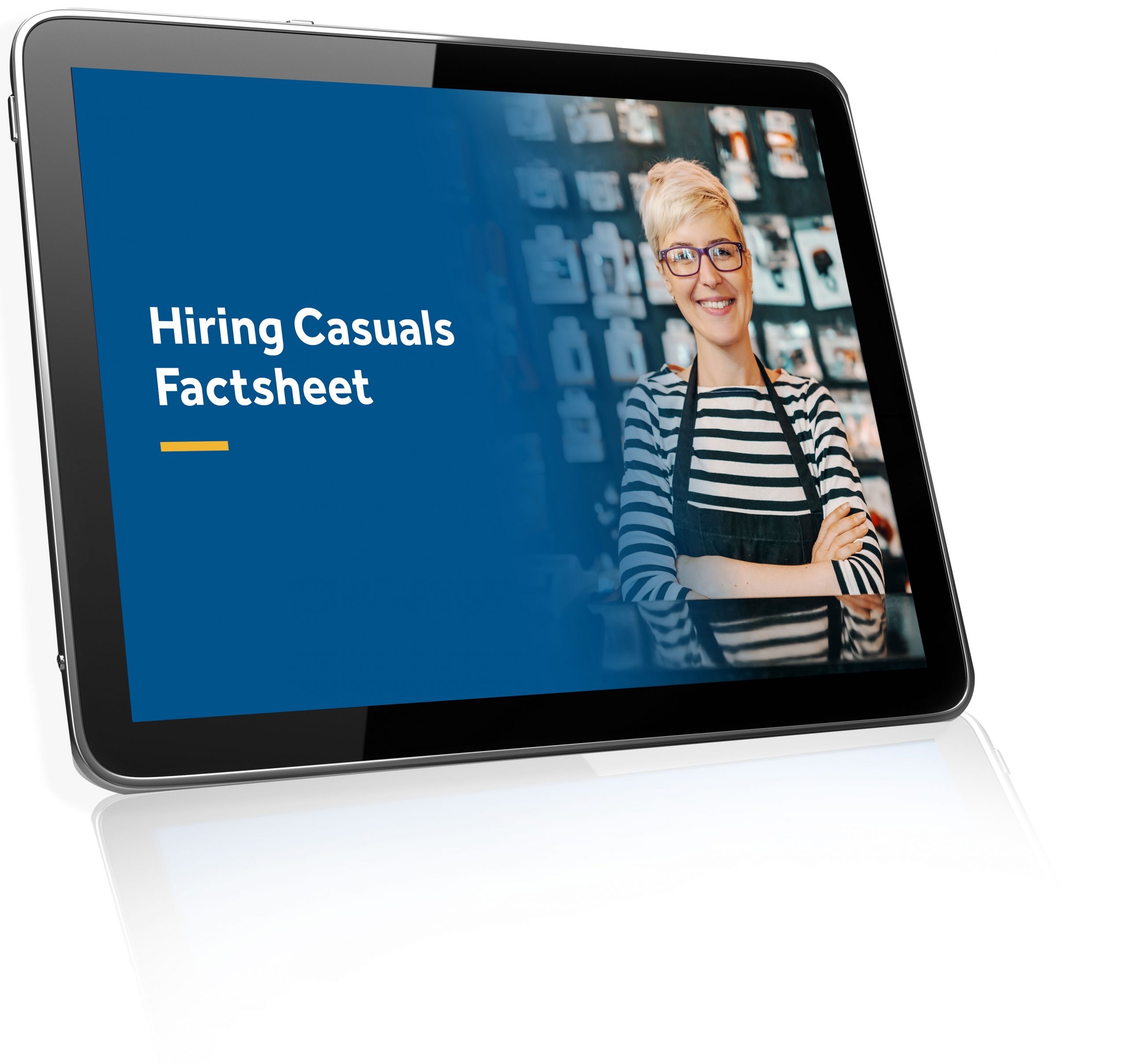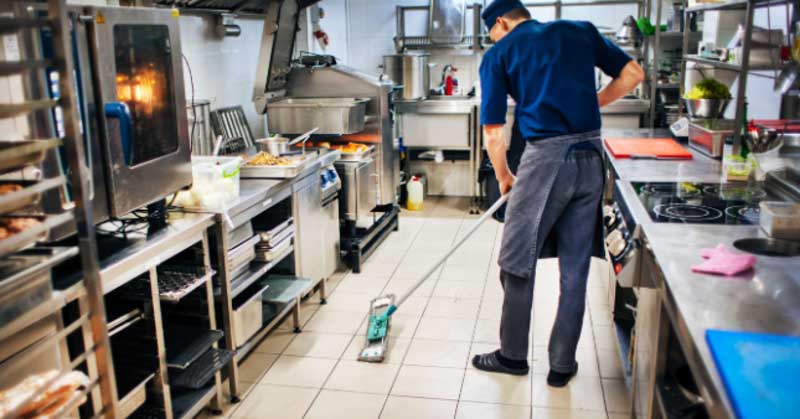
Launching a small business needs countless hours of planning and preparation, and hospitality is no exception. Before you open the doors and serve your first hungry customer, you’ll need to apply for licences and get to grips with industry laws and regulations.
If your to-do list makes you feel like you’ve bitten off more than you can chew, it’s wise to start by ticking off the most important documents. Here are the 6 ‘must-have’ documents you’ll need to consider if you want starting your hospitality business to be a pizza cake!
1. Food Licence
It’s important to contact your local council or state food authority to find out about obtaining a food licence.
A food licence is a permit that allows a business to produce, process, store, sell, or distribute food, including restaurants, cafes, supermarkets, food trucks, and home-based food businesses.
The specific requirements vary from state to state, but all businesses must demonstrate they have the necessary food safety systems in place.
The Australian Business License and Information Service offers more information about applying, or you can visit your local state government’s website:
2. Health & Safety Policy
Hospitality businesses are rife with risks and hazards. If you don’t boil your eggs to the right temperature, you could end up in hot water.
A health and safety policy outlines your business’s commitment to providing adequate health and safety for customers and staff.
Your policy should include:
A statement of the business’s commitment to health and safety
A description of the roles and responsibilities of management and employees in relation to health and safety
A list of the hazards that are present in the workplace and the measures that the business has taken to control them
A description of the procedures that are in place to respond to accidents and emergencies
Commitment to providing health and safety training for all employees
Your policy should be shared with all employees and regularly reviewed and updated.

Hiring casuals?
Casual employment is more complicated than it seems! Make sure you know the ins and outs of hiring casuals and your obligations as an employer. Download our FREE Hiring Casuals Factsheet today!
3. Food Safety Plan
Food safety plans in Australia are based on the Hazard Analysis and Critical Control Point (HACCP) system, which is a science-based approach to food safety.
Certain Australian hospitality businesses are required to have a food safety plan, including those supplying food to vulnerable people, large chains and food exporters.
Even if it’s not a requirement for your business, it’s still a good idea to have a food safety plan in place. Follow these steps to develop your own:
Identify food safety hazards: List all the potential food safety hazards that could occur at each stage of your production process
Identify critical control points (CCPs): Determine the points in the food production process where hazards can be controlled
Establish critical limits: Set specific limits for each CCP that must be met to control the hazards
Monitor the CCPs: Establish a system to monitor the CCPs and ensure that the critical limits are being met
Take corrective action: Establish procedures to take corrective action when a critical limit is not met
Verify the food safety plan: Regularly review and update the food safety plan to ensure that it is effective
Keep records: Maintain records of all food safety activities, including monitoring and corrective actions
By creating a food safety plan and sticking to it, you can ensure the food you sell is not only tasty, but also safe to eat.

4. Liquor Licence
Thinking of serving alcohol as well as food? If you plan to sell alcohol, you’ll need to get a liquor license from your state or territory government.
The type of licence you’ll need will depend on the nature of your business. If you’re running a cafe or a restaurant where food is the primary source of business, you’ll need a different type of licence than if you’re running a pub or cocktail bar.
The cost of a liquor licence varies depending on your location, council requirements and business model. In New South Wales, liquor licence fees range from around $100-$550, whereas in Victoria fees cost between $62-$980.
Visit your state government or territory website (listed above) to get more information and apply for a liquor licence.
Remember, if you serve alcohol without a liquor licence, your whiskey and your business will be on the rocks.
5. Outdoor dining permit
With the Australian weather being as good as it is, alfresco dining can help make your business a hit.
If you plan to seat and serve customers on a public footpath, you’ll need to obtain an outdoor dining permit. This applies to all states and territories in Australia.
The pandemic saw a shift toward outdoor dining, and many state and territory governments have made the process easier by removing unnecessary restrictions, offering rebates and quickly processing applications.
Outdoor dining permits are issued to businesses by local councils. To apply, you’ll need to visit your local council website and complete an application form. You may also need to provide additional information, such as a site plan and evidence of public liability insurance.
6. Employment Contracts
Unless you run a micro-business, you’ll probably need at least a few employees. Alas, that food won’t cook and serve itself! If you want the employment relationship to go smoothly, you’ll need employment contracts in place.
A well-drafted employment contract clearly outlines the terms and conditions of employment, such as the employee’s responsibilities, remuneration, and leave entitlements. It also documents your obligations to the employee. All this can help to avoid disputes further down the track.
There are multiple laws and regulations that govern employment in Australia, and having the right employment contract can help ensure you’re meeting your legal obligations. It’s the icing on your pizza cake!
How can Employsure help?
Employsure is Australia and New Zealand’s largest provider of Employment Relations and Workplace Health & Safety support, helping over 33,000 small businesses just like yours.
If you’re struggling with your health & safety policy or employment contracts, call our FREE Advice Line on 1300 651 415. Our experts can answer all your difficult questions.
*This article is intended to provide general advice only. The information it contains is correct at the time of publication but may be subject to change. If you are unsure about the legal requirements of starting a new business, we recommend that you seek the advice of a qualified professional.







